Dealing with Depression through Art - Jason Sturgill [Interview]
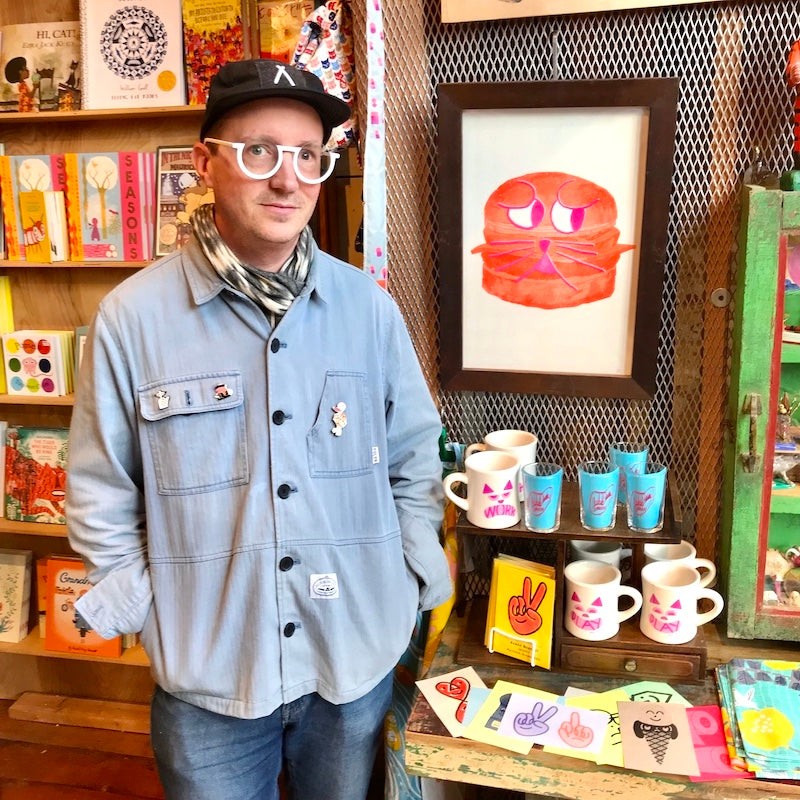
Jason Sturgill's Biography
I'm an illustrator, designer, consultant and artist based in Portland, Oregon. I've worked in a variety of roles over my 20-year career that have led me to where I am now. Everything from starting a record label in 1997 working with Modest Mouse, to working in interactive and strategy at Wieden + Kennedy, packaging design at Dark Horse Comics and marketing and product design at Nike SB. For the last nine years, I've been working as a freelance illustrator and designer along with speaking engagements and art shows. I enjoy working on a variety of projects at different scales including work for small businesses as well as international corporations.
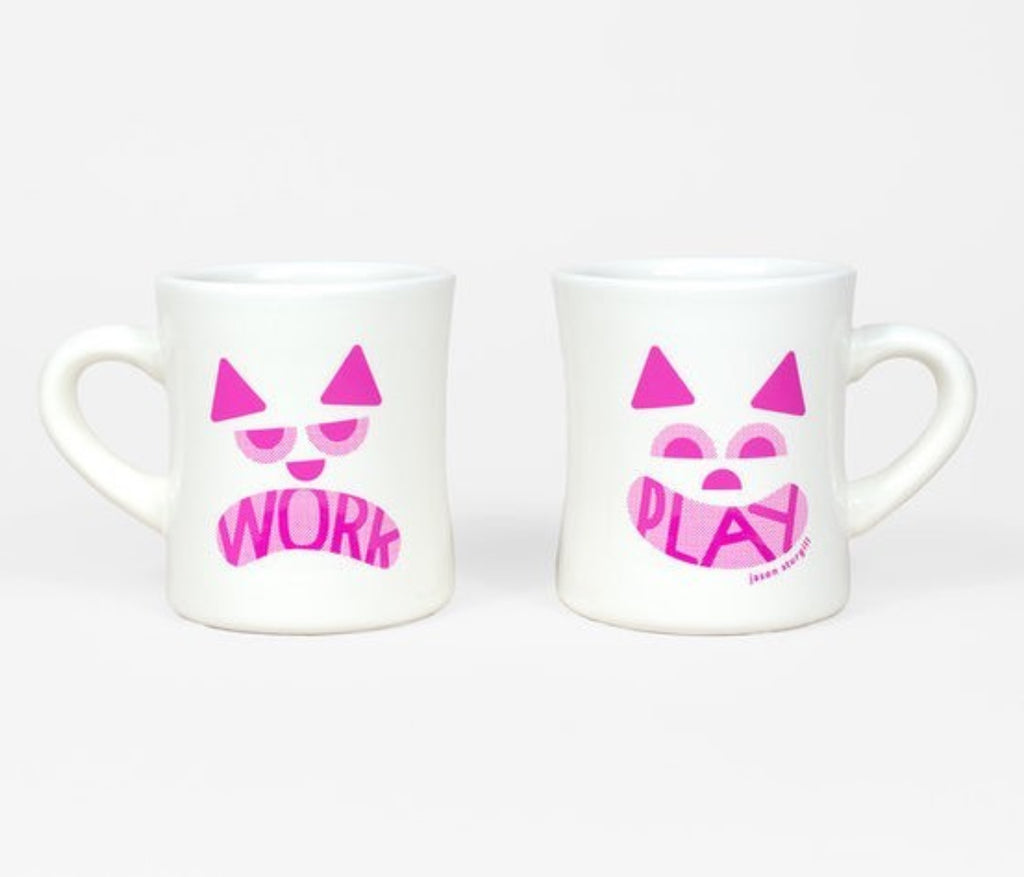
What inspires you?
This week I’m working on a job for Nike. So today I’m going to antique shops and estate sales to get inspired by old illustrations. I find myself getting inspired by a variety of sources, both old and new, but always with a focus on finding lesser-known works and people.

I watch a lot of documentaries. David Bowie has a great quote, “I wasn’t original, just a tasteful thief.” Austin Kleon wrote this great book, “Steal Like an Artist.” I always point my students to his TedX talk. The idea he gets across is that nothing is original. Students and artists get hung up on having to make super original work but the fact is, nothing is born out of a vacuum. You have to have influences.
You were a self-taught artist and then later you went back to get your MFA. How did that change you?
The MFA program was called Art and Social Practice. We learned about creating art that connects people instead of focusing on commodity objects. Now, because of that, I try to view every experience as a creative opportunity, even when it’s not creative. I did one project called “Session with a Stranger” at the Portland Art Museum with a classmate, Adam Moser. I reached out to Full Sail Ale and they agreed to collaborate. We created two lines in a giant ballroom, one on either side. There was a pedestal at either end. People from opposite sides would meet, get a beer, then move to an open space and initiate a conversation with each other, elevating a conversation to an experience you could view as art.
A friend from grad school, Avalon Kalin, did this collaborative project where he would take a walk with you, and then along the way, you would create art together. We walked across the Hawthorne Bridge and as we talked, we found out that we were both into Ram Dass and design. Along the way, we noticed a metal fence and based on our conversation we pulled out the grass and wove the word “THIS” into the fence. So we created art out of this everyday kind of ephemeral experience.
Jason Sturgill at Hello! Good Morning! talking about his skosh glass.
A teacher of mine, Harrell Fletcher, would say, “The job of an artist is to point.” So the artist isn’t necessarily supposed to explain something or make you think a specific thing. The idea is to more like, “Hey look at this,” and then think about it and create your own meaning from the experience.
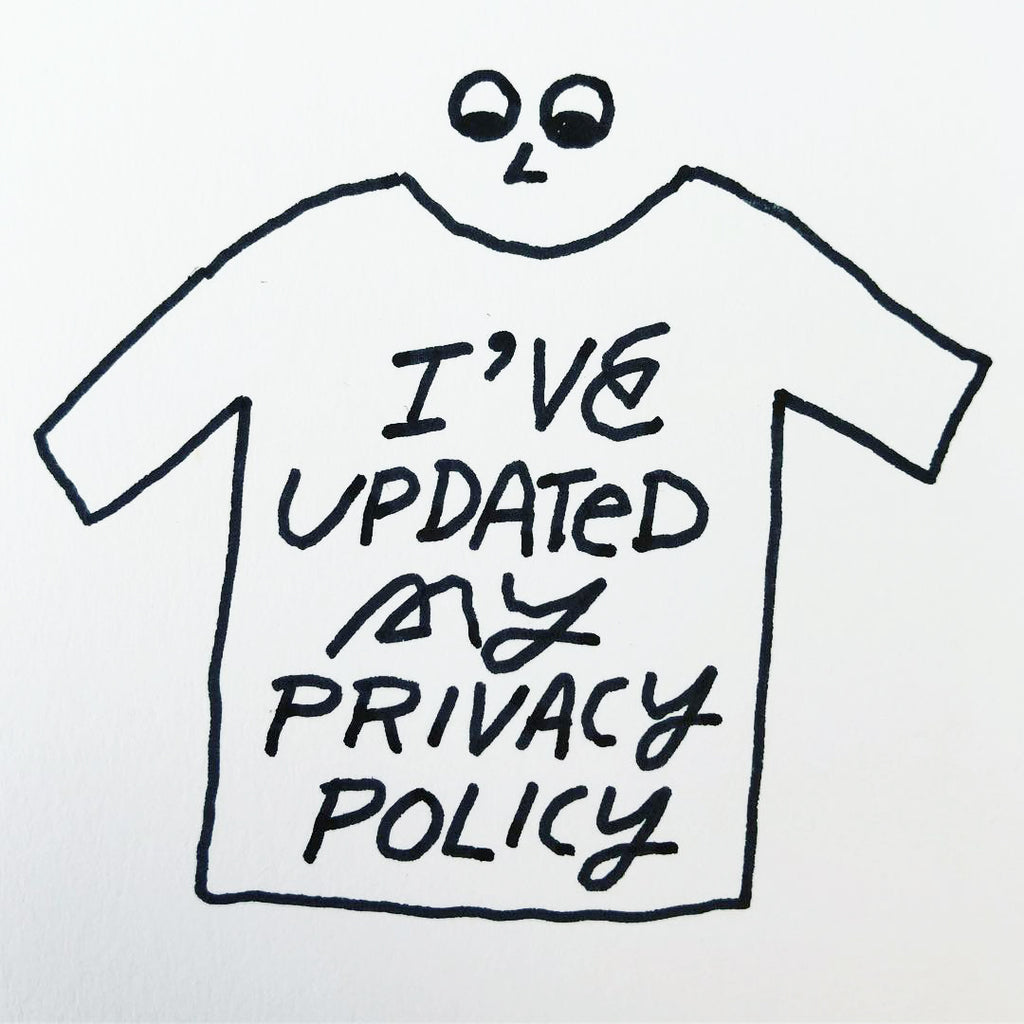
Can you talk about pulling out of the post-grad depression and the Face Each Day project?
I’ve always been verbal about dealing with anxiety and depression. It’s a personal issue of mine because I struggle with those issues and am still trying to find better ways of dealing with them.
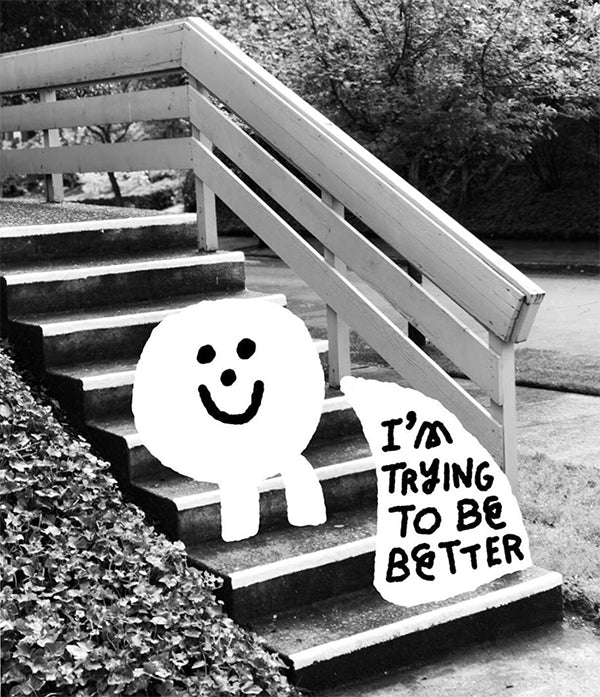
The Face Each Day Project helped me get out of my post-grad depression. A lot of people go through post-grad depression. It’s a real thing but there’s not a lot of awareness about it and I didn’t anticipate it. I came up with The Face Each Day project as a coping mechanism. It helped me value art in the sense that it can be really helpful and therapeutic. The Face Each Day project also got me into making art every day.
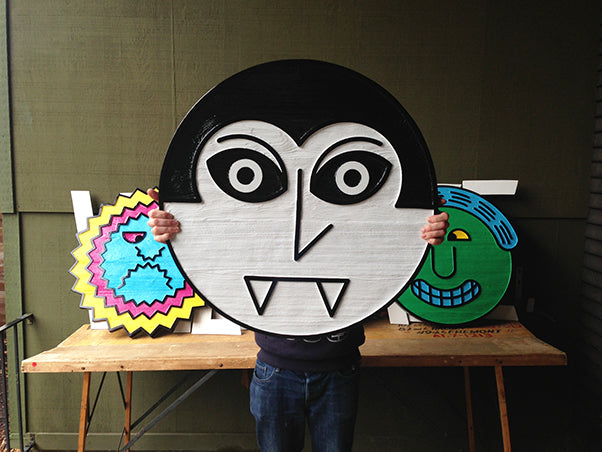
When I started making art about depression and sharing it, I realized that it was helpful for other people as well. I started being more public about my condition and posting my art on Instagram.
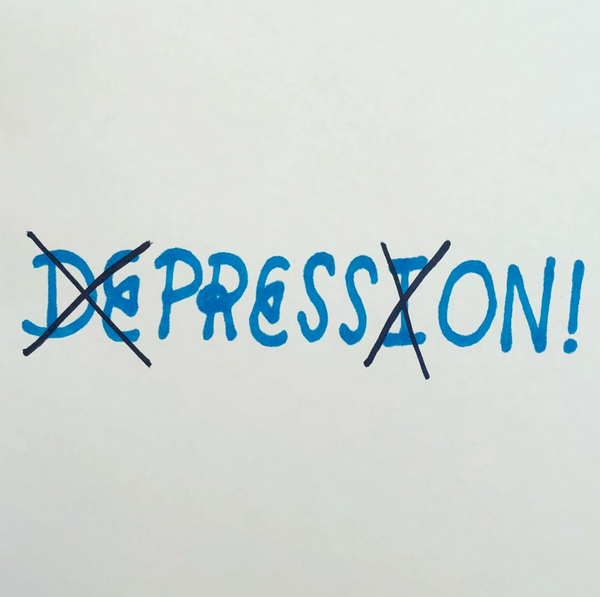
When you see a message like “positive vibes” it can sometimes make you feel worse. I made an illustration with that message but with an asterisk that said, “unless you have a mental health condition, then you should seek help.”
A lot of people reached out to me and told me how helpful it was for them to see this kind of thing. Lots of people started sending me messages.
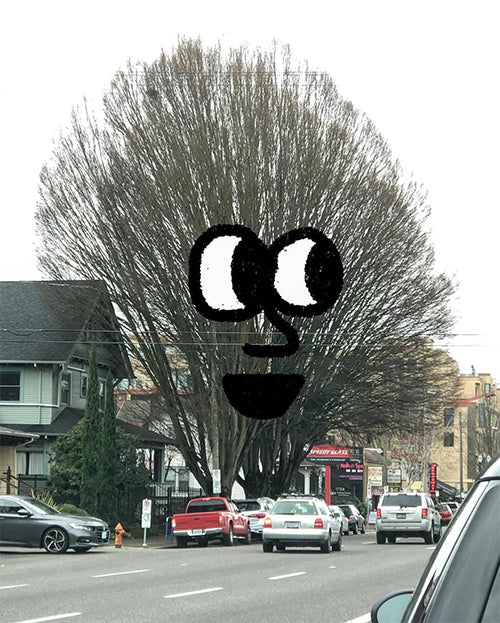
I’ve heard you talk about the role of spirituality in your life. Can you talk about synchronicity and pondering the deeper meaning of why things are happening in your life?
I was raised in a very religious household. When I was 15, my grandmother died. I saw my grandmother, who wasn’t in the church, as a kind of saint. She was a really good person but not religious. And I knew a lot of religious people that were jerks. So I thought it was more important to be a good person with good intentions than to be a religious person. That's when I got away from the church.
The Dalai Lama has recently said, that religion has taken us as far as it can but we need to move past organized religion to become closer.
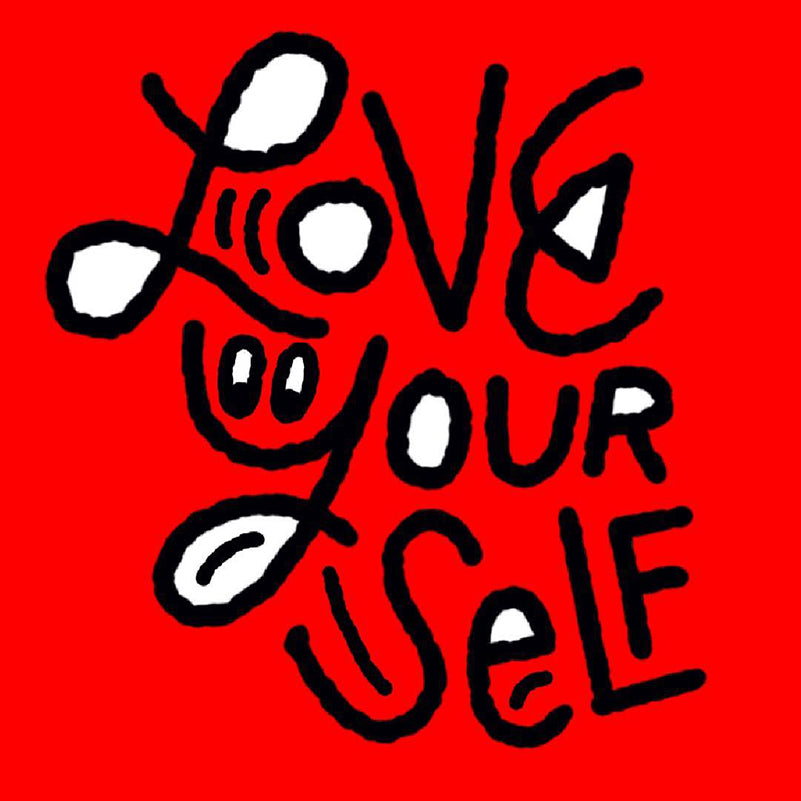
I had my first mental breakdown at Nike. We were just about to have our son, Archer, and I had to find a way to break out of that mental space. I started exploring the concept of serendipity and how everything is connected.
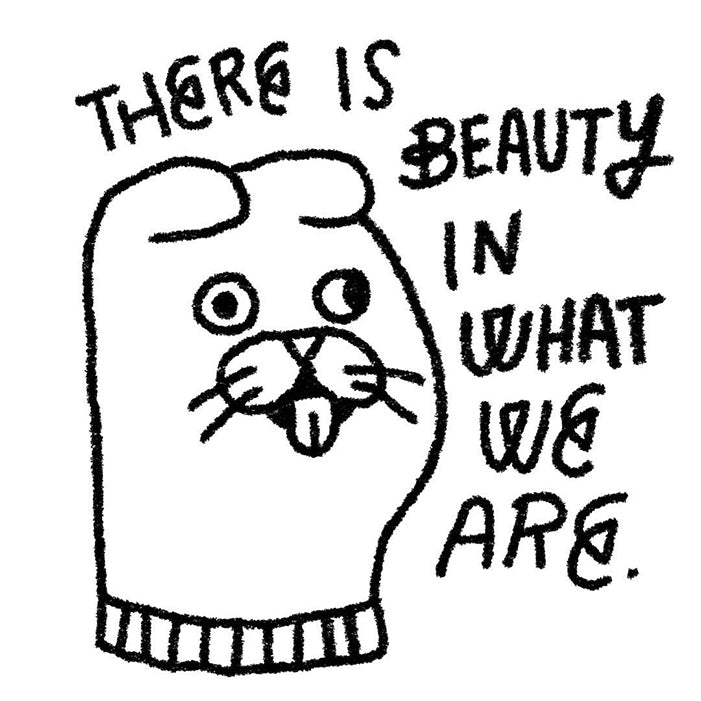
On a day to day basis, remarkable things happen to you. When you think about the odds of those things happening, you feel yourself as part of that interconnectedness. But when you’re not feeling that way, like when you’re having a depressing day, you don’t see the world that way. Often, when I’m coming out of that depression, I get a glimpse of what I need to do to get all the way out of it.
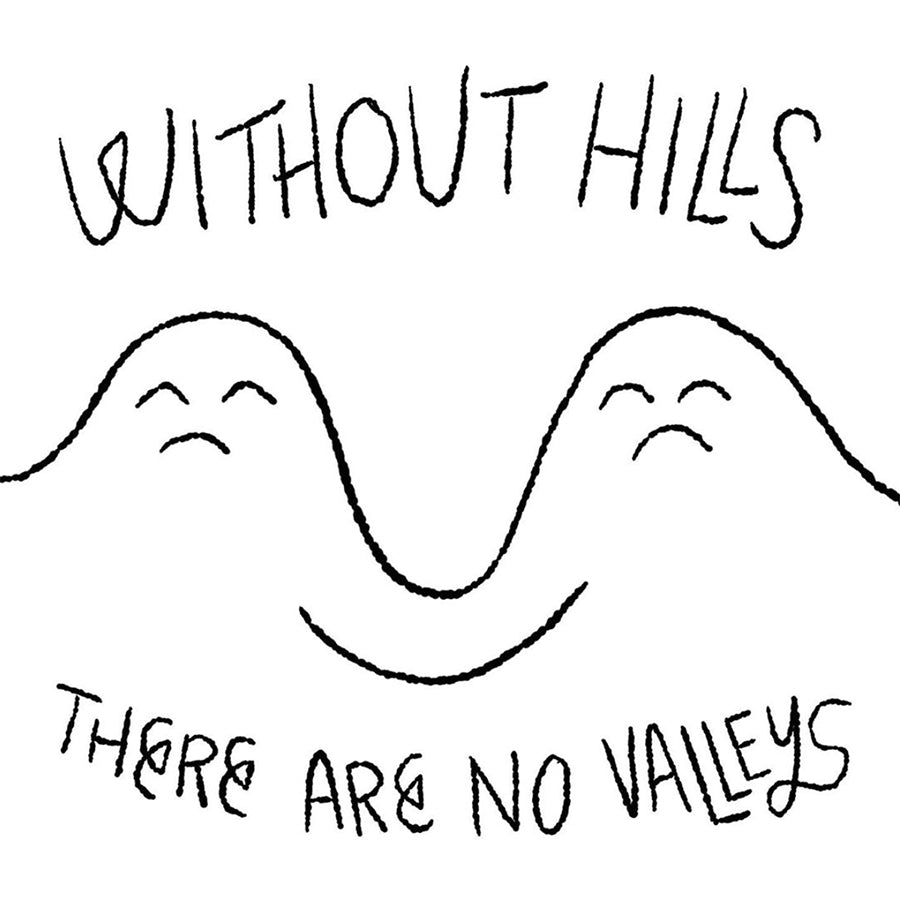
What kind of advice would you give to an artist that struggles with these issues?
Seek help. It’s not fun to wallow in self-pity and darkness. It's likely to get darker and for longer and longer amounts of time. There are lots of solutions. You often hear from people that you just have to get out and run. For me, I hate running and I don’t feel better afterward. So, you have to try different things to see what works for you and above all else seek professional help.
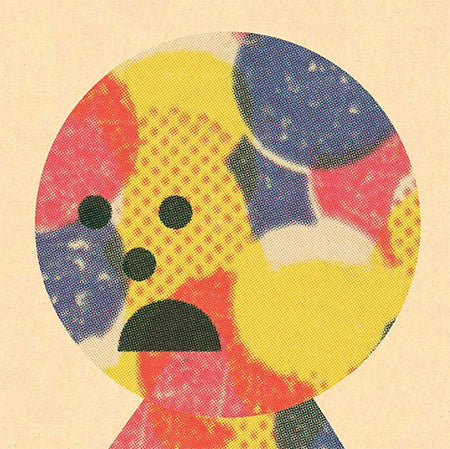
Talk to a psychologist to learn what triggers your mental health issues. For me, I found that I absolutely have to get a certain amount of sleep every night. That was hard for me because I have always felt most creative at night.
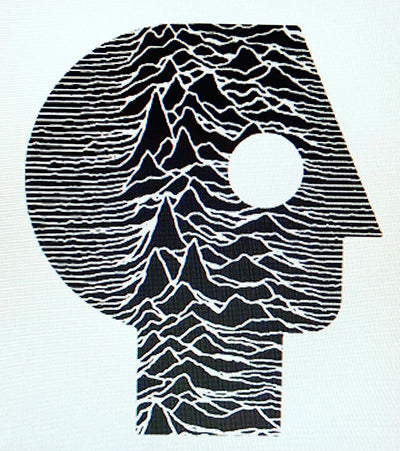
Take the time to find the right doctor. When I was misdiagnosed as depressed, I was put on medications that didn’t really work for me. There were even several times where I considered suicide. So then I thought, pharmaceuticals are a trap and just a way for big corporations to make money.
I was diagnosed with bipolar 2 and was taken off my depression medication around the time I got my second job at Wieden + Kennedy. I was in a manic phase for three months, not realizing it, and it led to my departure from W+K. This is when my manic phase ended. With bipolar 2, after a manic phase, people commonly swing into a dark depression. A few months later, my family and I took a trip to Europe that should have been a great experience but there was definitely a shadow looming over me. There were 6-9 months where I felt the worst I ever had and couldn’t see the light at the end of the tunnel.
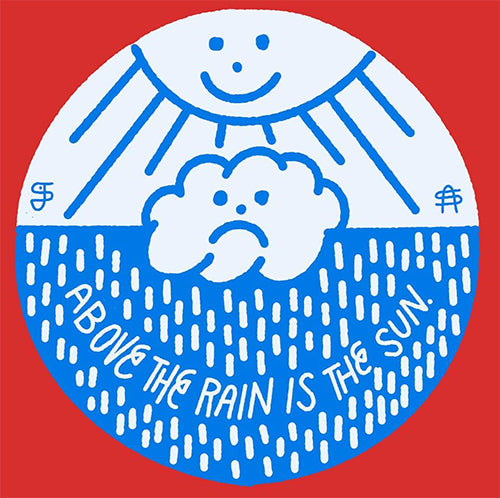
It took a long time to find someone to help me get on the right medications. When I was finally diagnosed with bipolar 2 rather than depression, I was prescribed different medications. It took a few months to adjust, but since then I’ve felt so much better. That's when I realized that this is a real condition but that solutions exist to help make it better. It also helped me understand everybody is flawed and everybody has struggles, and to not be so quick to judge the actions of others.
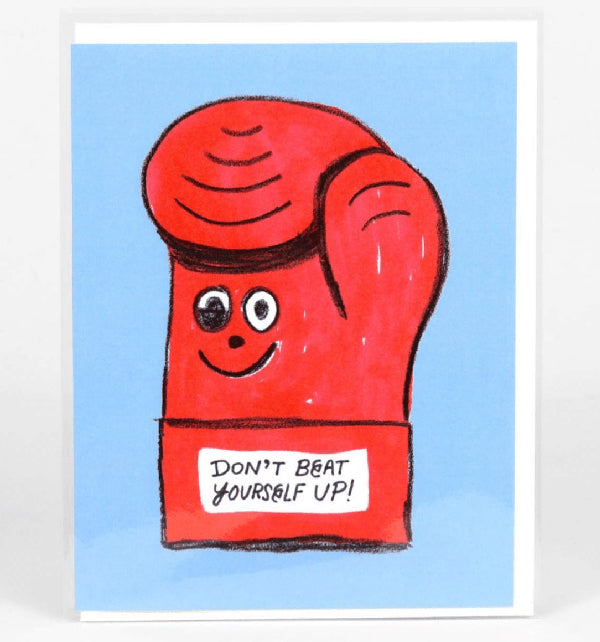
What advice would you give to a young person pursuing a career as an artist?
I don’t think there is a blueprint for success. It works differently for every person. There is no one way for an artist to succeed otherwise everyone would do that. When someone does think there is a direct line to success it can become frustrating for them. I think when you actually let go of that, then that’s when you figure out your path. It’s sort of like when you’re single and you’re obsessed with finding someone, then you never find that person. But if you just go about following your interests, that’s when you’re more likely to meet someone you really like. There’s some quote that’s something like, “half of being successful is just leaving the house.” Serendipity can only happen if you’re open to new conversations and ways of being outside of your normal routine.
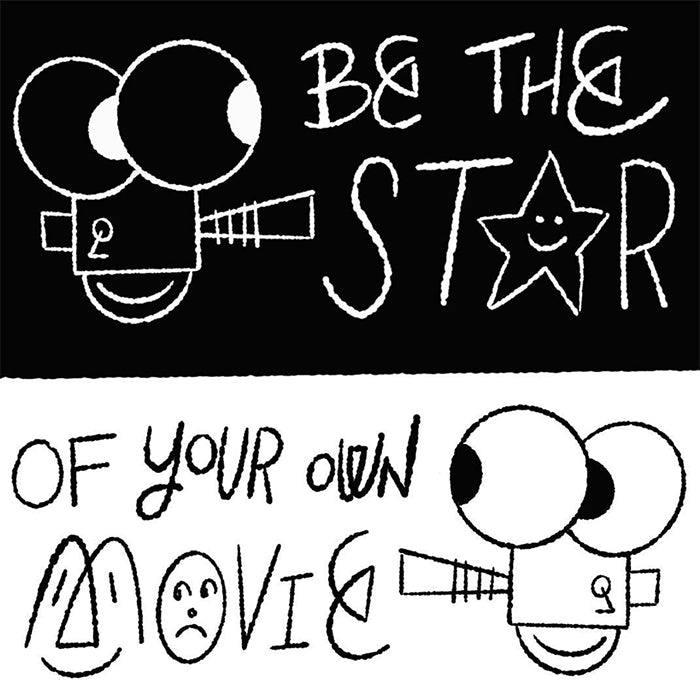
You have a personal mantra or saying, “Take Comfort in the Unknown” what does that mean to you?
I need to get a tattoo of that because I don’t say that myself enough. It means having faith in the randomness of life. Before I got the call for an illustration job with Muji, I was not getting any work and I was depressed and not comfortable promoting myself. You can think nothing’s happening or you’re not going anywhere but then the next day, you get a call and everything changes.

You seem to have a knack for meeting people and also generously connecting people. Can you talk about that?
If I could only figure out how to make that a job. I think that’s what people really value about me. I’m a very curious person and I don’t have any apprehension about reaching out to people. I reach out to them without a goal of it leading to something, but rather because I’m curious to know more, and what do I have to lose? I think by having that mindset, serendipity comes along. By putting yourself out there and being vulnerable, you’re increasing your chance of success.
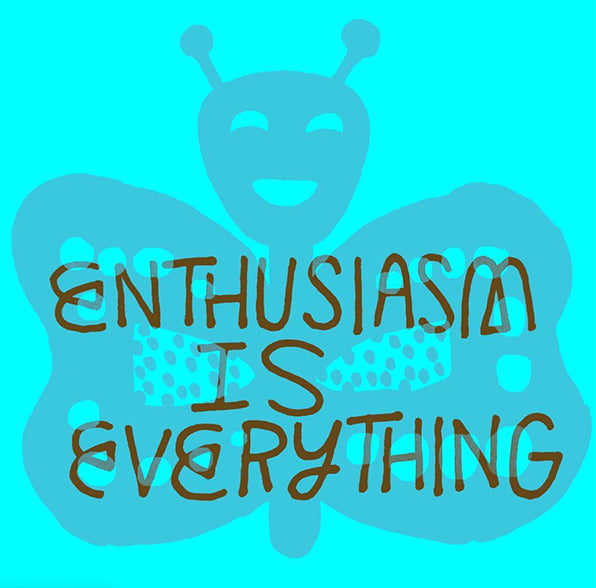
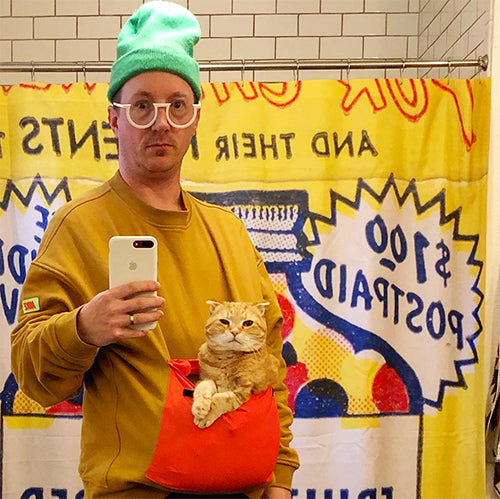

I admire your strength! Despite being diagnosed with bipolar and dealing with depression you are able to transcend them all and inspire others at the same time. What a transformation! You’ve definitely inspired me.
Sometimes, when things don’t go as planned, I tend to beat myself up (not literally). You’ve inspired to accept my own flaws and like you said, have faith in the randomness. I sometimes realize that that’s the right path. And for me, to have faith is to just let go. I’m know you would agree with me :)
Thank you Jason!
Hi Jason, I just read your interview. Thanks for sharing yourself. I related to the post graduation depression. Like you, I wasn’t prepared for it. After working so hard to get my Master of Divinity, I really was surprised that I felt the way I did. I wanted to quit before I got started. There needs to be more information on this subject. The same thing happened when I retired. I’m so glad you found the right meds and therapist. Your art is incredible. Keep on, keeping on.
Thank you thank you THANK YOU for sharing this!!
I loved this interview, such good insights. love you! I thought Mom was a saint also!
Mom